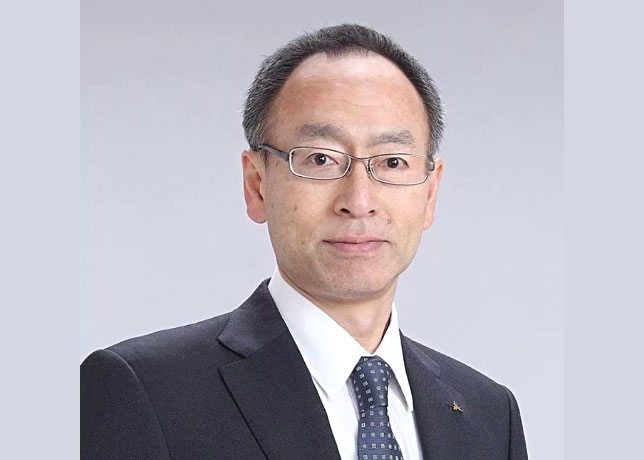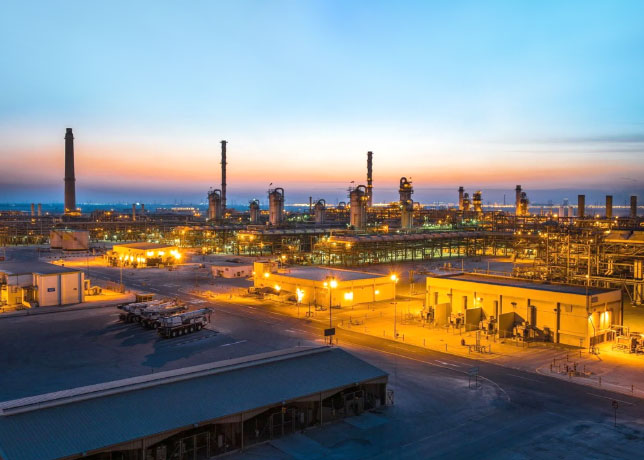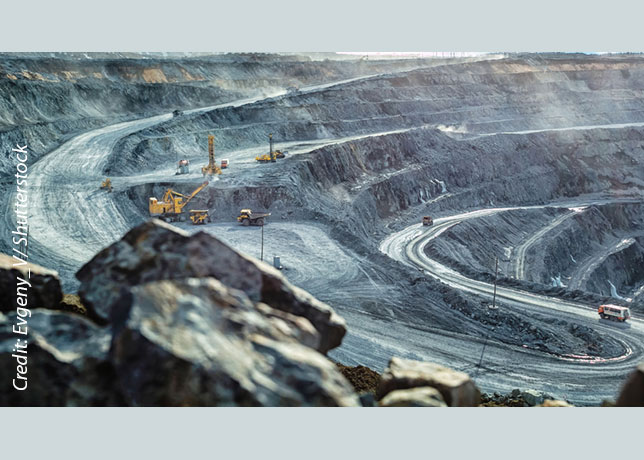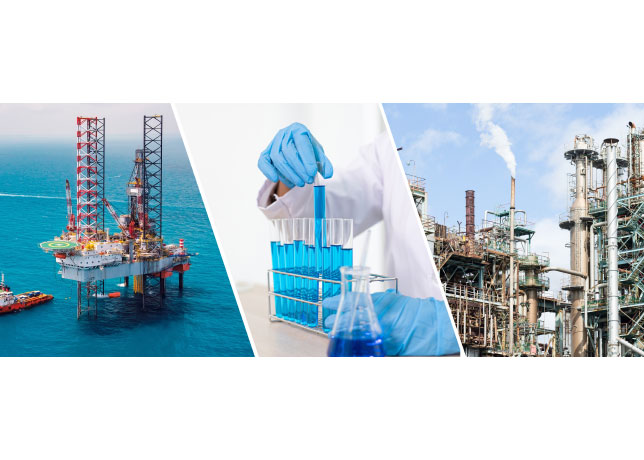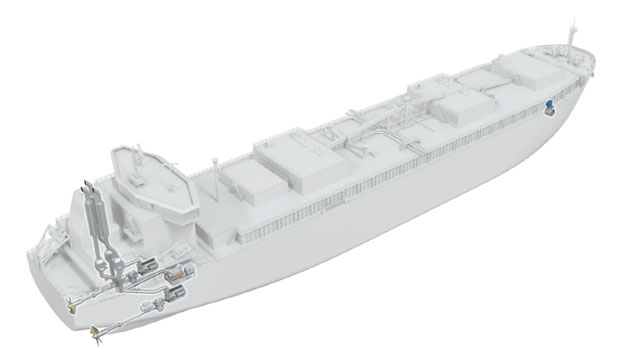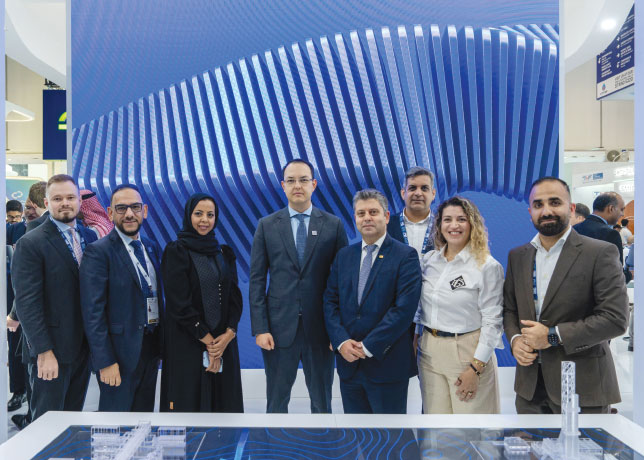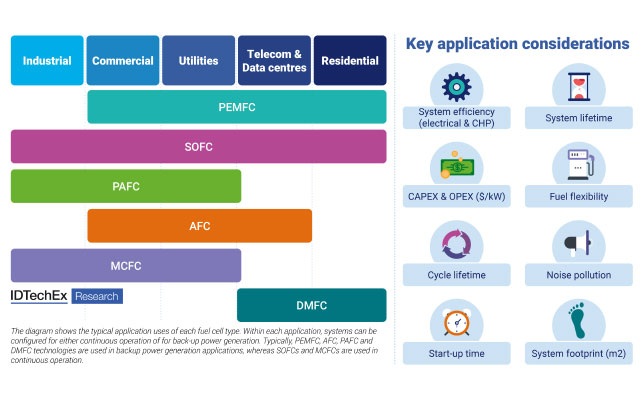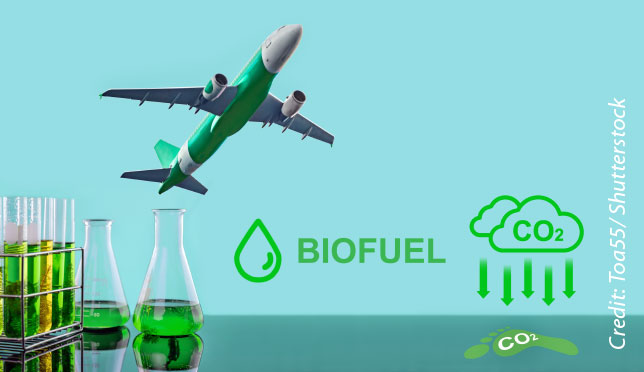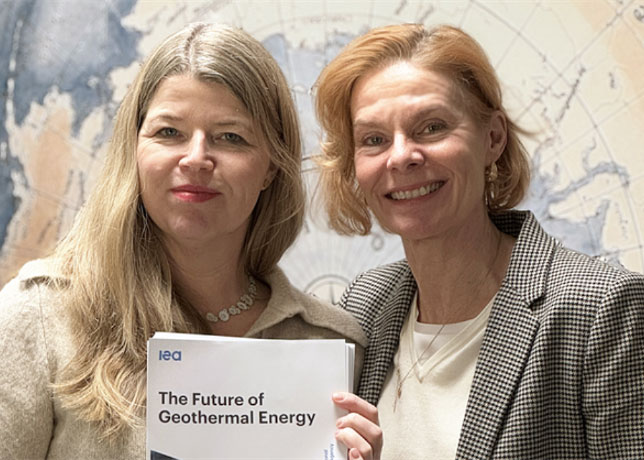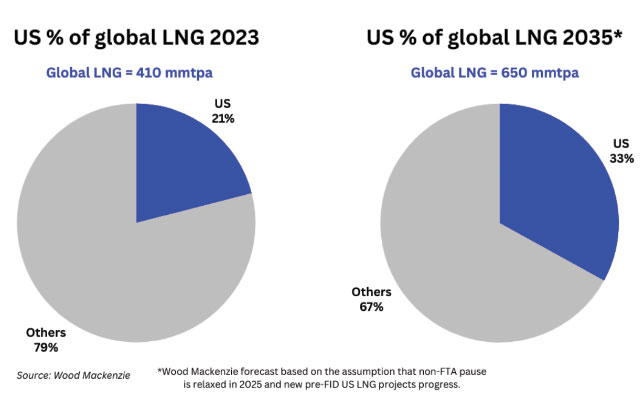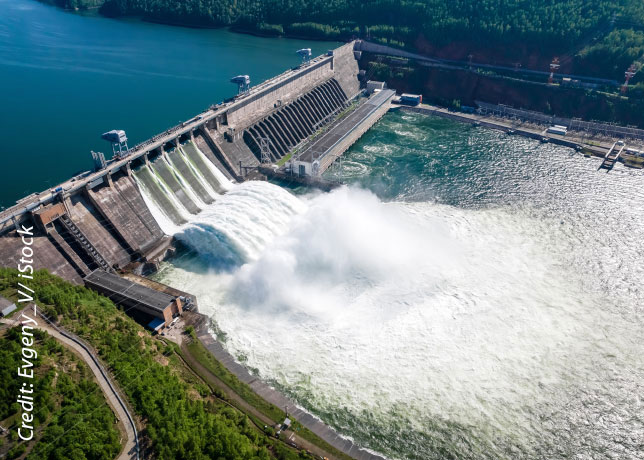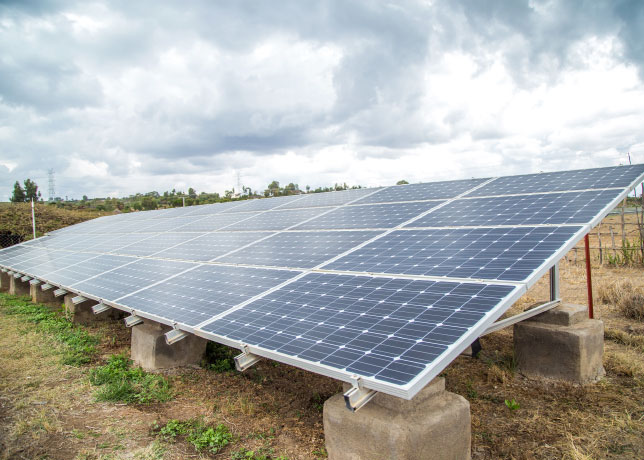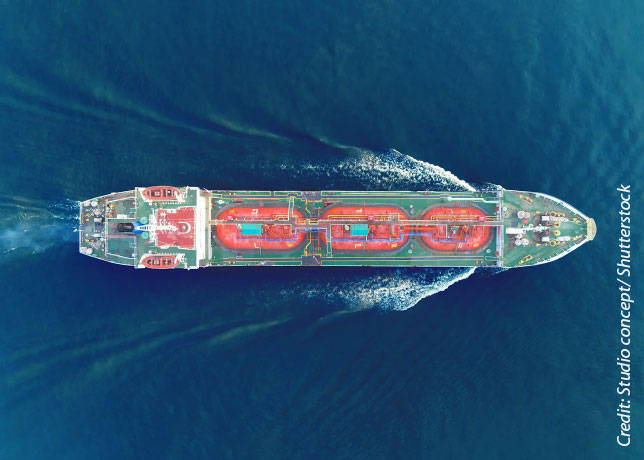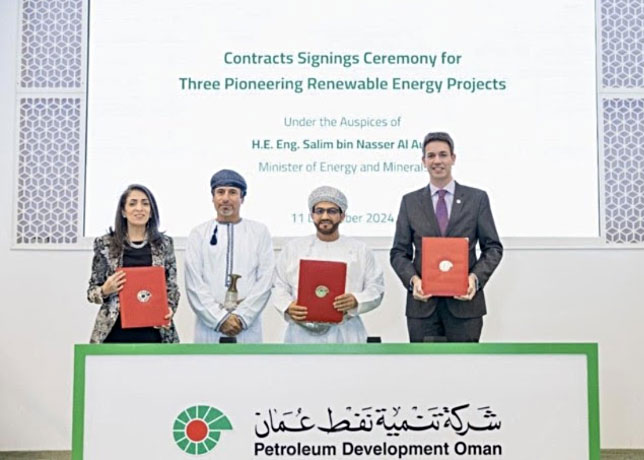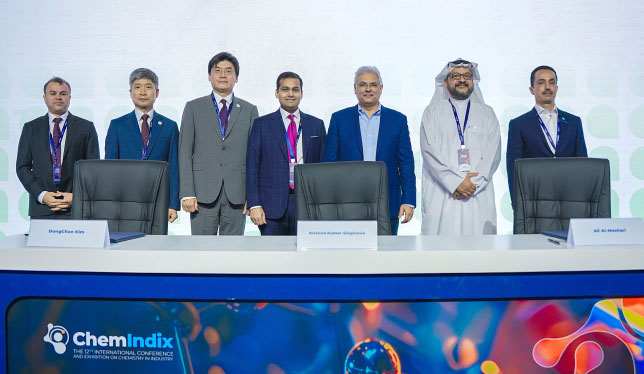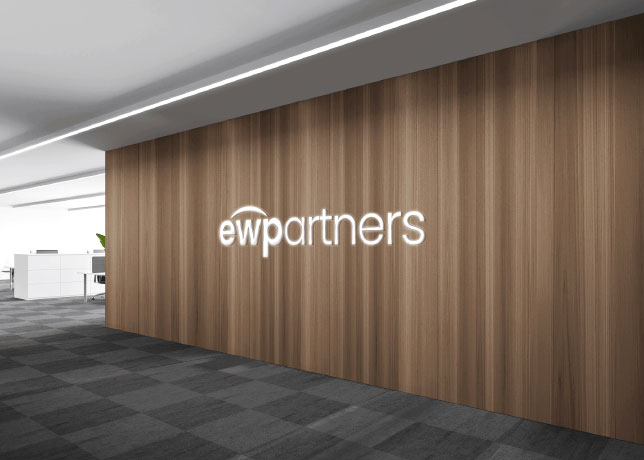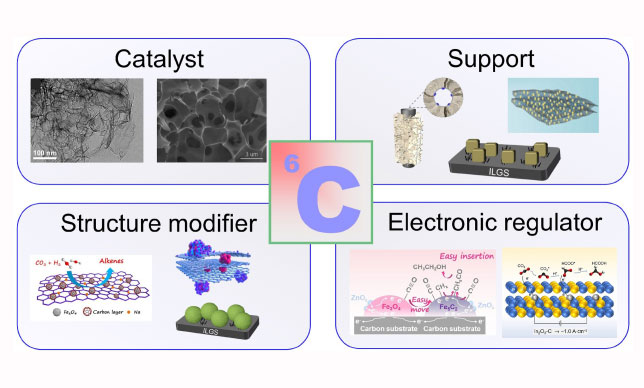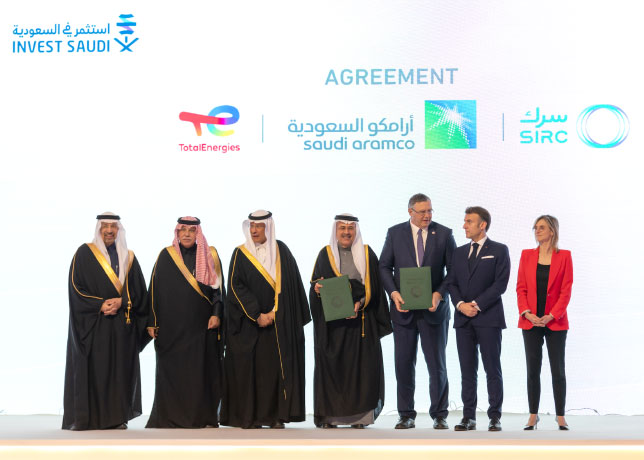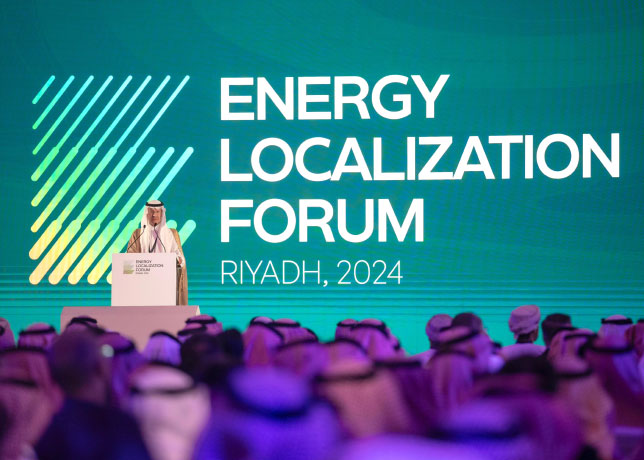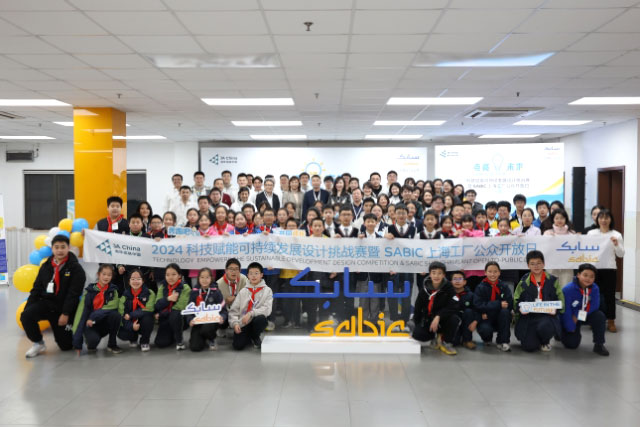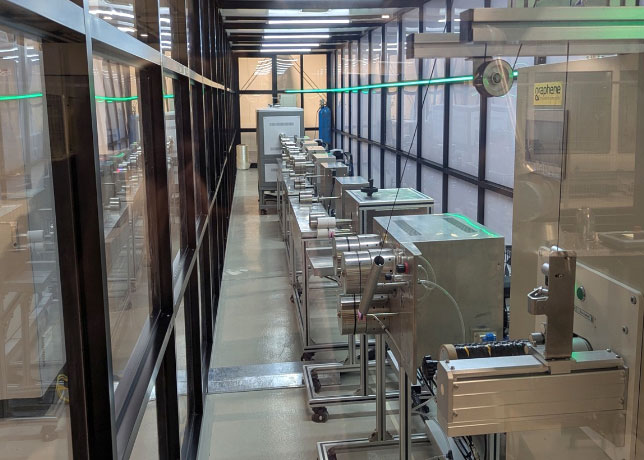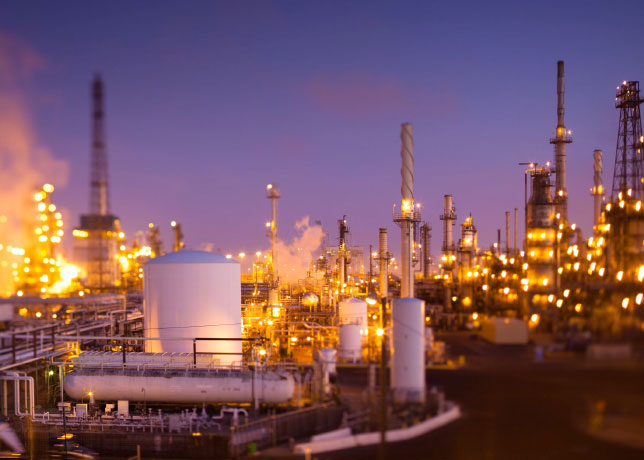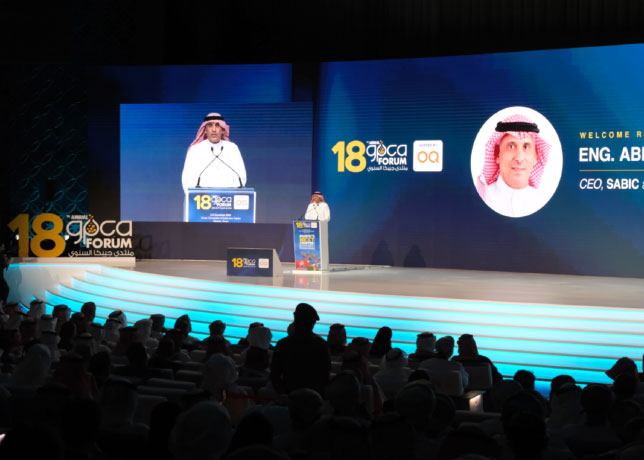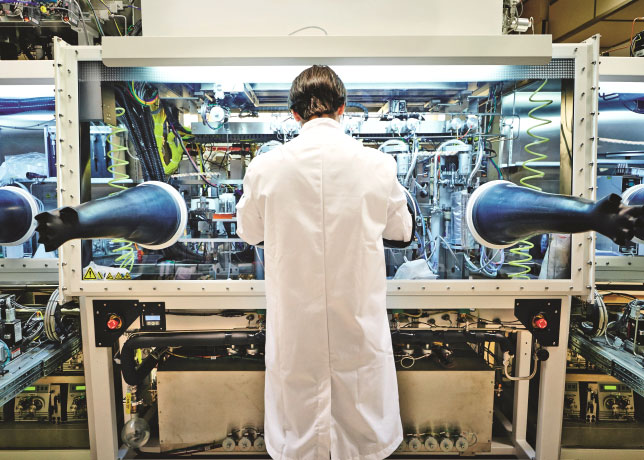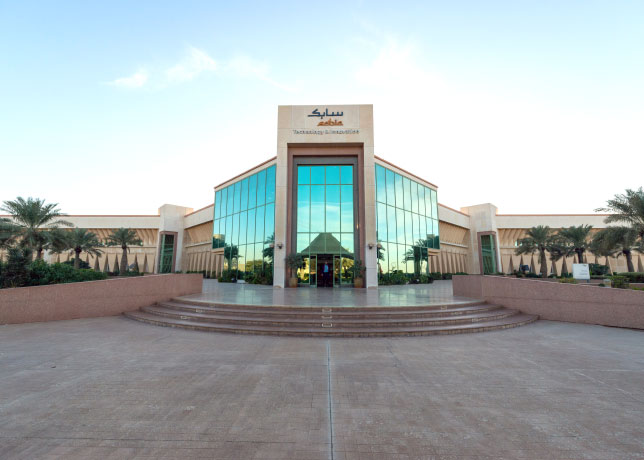 Tejas Shinde
Tejas Shinde
When you think about the oil and gas industry, the first things that come to mind are likely the massive rigs, the drilling operations, and the sophisticated pipelines.
Unless you are directly involved in oil and gas operations, you rarely consider the critical role that water analysis plays in this sector. "Yet, water analysis is fundamental to the industry’s success,’ Tejas Shinde, Business Development Manager, Analyzers, tells OGN energy magazine.
Water is an integral part of many oil and gas processes, from fracking to desalination. Here’s a closer look at why this often-overlooked aspect is so vital and indispensable:
• Optimising processes: By continuously monitoring parameters like pH, conductivity, turbidity, operators can ensure that water is being used efficiently and that equipment is running at peak performance.
• Minimising environmental impact: Strict regulations govern the quality of wastewater discharged from oil and gas facilities. Liquid analysis to measure parameters such as TOC, COD helps operators ensure compliance and minimise the environmental impact of their operations.
• Enhancing safety: Reliable liquid analysis data helps operators identify potential issues before they become safety hazards, such as corrosion or scaling in pipelines.
• Reducing opex: Real time analysis of water chemistry facilitates optimisation of processes and utilities, reduces downtime; leading to more efficient operations and significant opex reductions.
Endress+Hauser offers advanced Memosens-based sensors and analysis of various parameters for water in the oil and gas industry, covering applications from injection water and drilling mud to caustic scrubbers, utilities, and desalination.
MEMOSENS & LIQUILINE TECHNOLOGY
Memosens digital sensors enable easy, safe, and reliable data transmission, while the Liquiline platform offers a modular and flexible solution for liquid analysis.
Together, these technologies provide operators with predictive maintenance capabilities, optimised mounting, and minimised sample and cooling water consumption.
The digital sensors allow for pre-calibration in the laboratory by storing the calibration values inside the sensor.
An inductive coupling system in Memosens sensors ensures flawless digital signal communication while the metal free inductive coupling eliminates any contact influences of the conventional type.
PLUG & PLAY WITH MEMOSENS
Performing maintenance in the lab or factory allows to create constant conditions without any external influences. This increases the quality of the calibration and, therefore, the accuracy of the sensors.
Such pre-calibrated sensors can be deployed when convenient, such as during a scheduled planned maintenance activity.
This proactive approach allows to take previously replaced sensors back to the facility, where they can be prepared for future use.
This type of maintenance strategy enables to avoid measuring point failures, reduce unplanned call-outs in the field and therefore save considerable time and money.
The ease of replacing sensors connected to a Liquiline device means that even staff without specialised knowledge of analytics can perform the task efficiently.
Endress+Hauser offers turnkey solutions for liquid analysis in the oil and gas industry, delivering ready-to-use systems that measure all critical parameters.
These solutions require minimal engineering, have a small installation footprint, and consume minimal water.
With automated engineering, customisations are simple and cost-effective, ensuring that operators can quickly and efficiently implement liquid analysis solutions tailored to their specific needs.
Some key applications of Endress+Hauser's liquid analysis solutions include:
• pH Analysis in demanding processes: The wide pH sensor portfolio of Endress+Hauser allows to select the best match to suit every process in oil and gas, chemical industry.
For instance, Memosens CPS71E is specially designed with its unique, contamination-resistant reference and its resistance to moisture ensure reliable measurement even in heavily polluted, aggressive media such as strong acids and bases.
Additionally, with the options of pressurised reference or triple reference junction, it can effectively handle processes with high proportion of electrode poisons such as H2S.
• Steam and water analysis systems: The numerous furnaces in refineries, producing heat and steam demand professional boiler water treatment and monitoring.
The quality of demineralised water used in power plants is crucial, as it directly influences the performance and longevity of the system.
Key parameters like sodium and silicate levels are indicators of the ion exchange resin's condition in the feedwater treatment system.
The conductivity value is an indicator of the ion concentration in the water.
If it is highly elevated, this can lead to the build-up of deposits in the systems.
If the water's pH value is too low or the dissolved oxygen value too high, there is a risk of corrosion.
Given the high temperatures and pressures involved in the water/steam cycle, alongside the need for precise measurement, intelligent solutions like Steam and Water Analysis System (SWAS) panels are particularly effective.
These panels house all the necessary technology to monitor and manage the water/steam cycle, ensuring that operations run smoothly and efficiently, while minimising the risk of equipment failure or downtime.
• Desalination: In Middle East, where the issue of water sustainability is of utmost importance, desalination plays a crucial role in meeting the water demands of the oil and gas industry.
With extensive experience in the desalination industry, we have developed analysers that can reliably measure parameters such as pH, conductivity, and turbidity in seawater, brine, and other desalination process streams catering to harsh requirements in terms of corrosive nature of the sample.
Oil and gas plants harness seawater for utility purposes, with turbidity being a vital parameter to measure pre- and post-filtration.
Endress+Hauser's turbidity analysers ensure the consistent quality of desalinated water used for boiler feed, cooling towers, and other industrial processes.
By continuously monitoring turbidity levels, operators can optimise the desalination process, minimise fouling, and maintain the efficiency of downstream equipment.
• Water emissions analysis: Total organic carbon (TOC) and chemical oxygen demand (COD) analysers enable operators to monitor the quality of wastewater before discharge or reuse.
With the spectrometer CAS80E, which is optimally adapted to process conditions, end users can measure variety of parameters using single sensor and benefit from early, continuous detection of load peaks without delay.
This reagent-free solution provides the oil and Gas industry with possibility of real time readings with simple installation requirements.
The Memosens Wave CAS80E spectrometer has proven to be extremely low maintenance; minimising the workload for operating staff.
Its advanced design allows for extended maintenance intervals, minimising the need for frequent checks and adjustments.
Depending on the process conditions and with the available compressed air cleaning system, very little action is required from operating staff, making it time and cost efficient.
Water analysis may not be the most visible aspect of the oil and gas industry, but it is undeniably one of the most crucial.
By ensuring equipment integrity, optimising production processes, ensuring environmental compliance, enhancing safety, reducing costs, and supporting sustainability, water analysis forms the backbone of successful oil and gas operations.
As the industry continues to evolve, the importance of water analysis will only grow, underscoring its critical role in the industry.
Endress+Hauser's liquid analytical solutions are designed to meet the unique challenges faced by the oil and gas industry. --OGN



